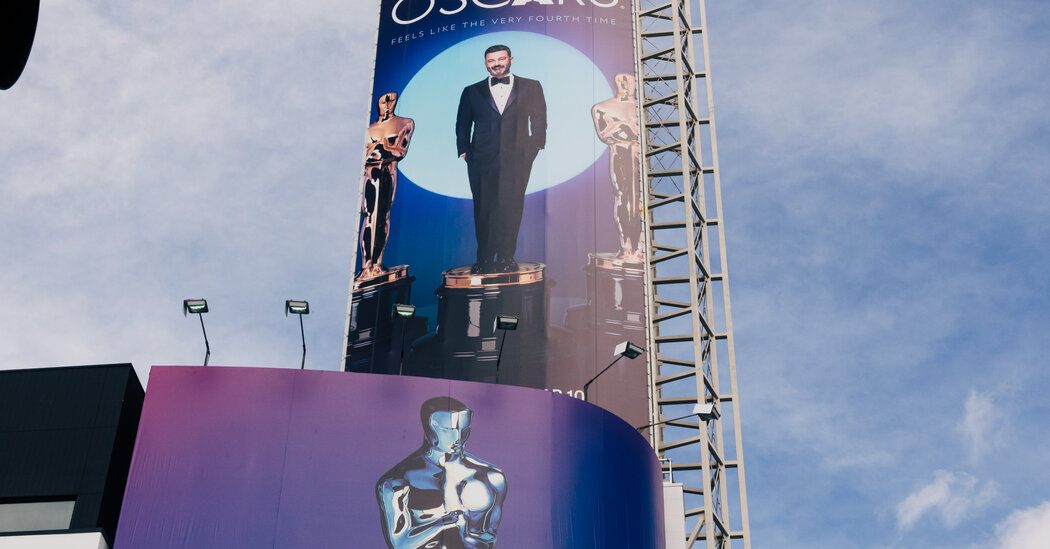Table of Contents
Who is nominated?
“Oppenheimer” leads the pack with 13 nominations, followed by “Poor Things,” Yorgos Lanthimos’s black comedy about the sexual awakening of a young Victorian woman, with 11, and the Martin Scorsese epic “Killers of the Flower Moon,” with 10. Greta Gerwig’s “Barbie,” the highest-grossing film of 2023, picked up eight.
In the acting races, Bradley Cooper (“Maestro”), Colman Domingo (“Rustin”), Paul Giamatti (“The Holdovers”), Cillian Murphy (“Oppenheimer”) and Jeffrey Wright (“American Fiction”) will square off for best actor. Annette Bening (“Nyad”), Lily Gladstone (“Killers of the Flower Moon”), Sandra Hüller (“Anatomy of a Fall”), Carey Mulligan (“Maestro”) and Emma Stone (“Poor Things”) will duke it out for best actress.
What should you watch for?
The toughest category to call is probably best actress, where the two front-runners are Gladstone, who plays an Osage woman married to a white man involved in a murderous conspiracy in “Killers of the Flower Moon,” and Stone, as a grown woman with the mind of a child in the “Frankenstein”-inspired “Poor Things.”
Gladstone won their most recent face-off at the Screen Actors Guild Awards — to Stone’s apparent joy — and has also taken home honors from the Golden Globes, the National Board of Review and the New York Film Critics Circle. But Stone came out on top at the BAFTAs and the Critics Choice Awards (and won her own Globe in the musical or comedy category).
The best actor race once looked to be tilting in favor of the gregarious Giamatti, who plays a solitary and cantankerous New England boarding-school teacher saddled with babysitting duty over Christmas break in “The Holdovers.” But in recent weeks, Murphy, who plays the titular theoretical physicist in “Oppenheimer,” has emerged as the likely winner.
How political will the speeches be?
Awards season thus far has been decidedly quiet when it comes to political speeches. (“It’s too fraught,” a studio executive told The New York Times’s awards season columnist, Kyle Buchanan, last week. “People are worried about their careers.”). But outside the United States, a BAFTA winner used that platform to criticize Israel’s bombing and invasion of Gaza — which came after a Hamas-led attack on Oct. 7.


